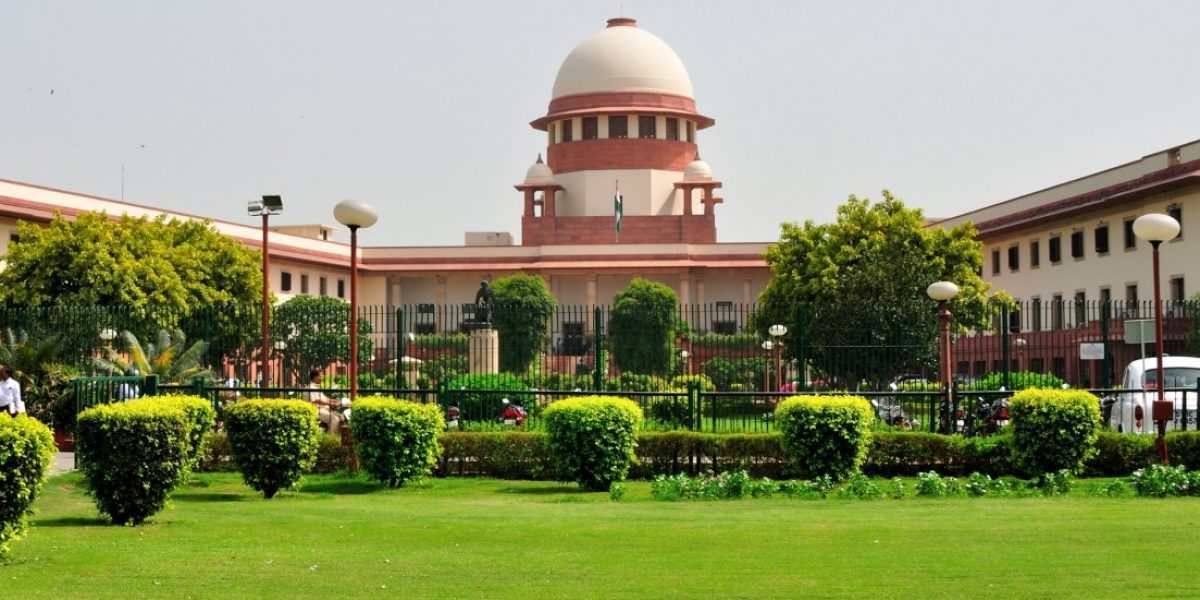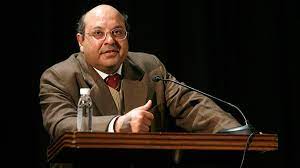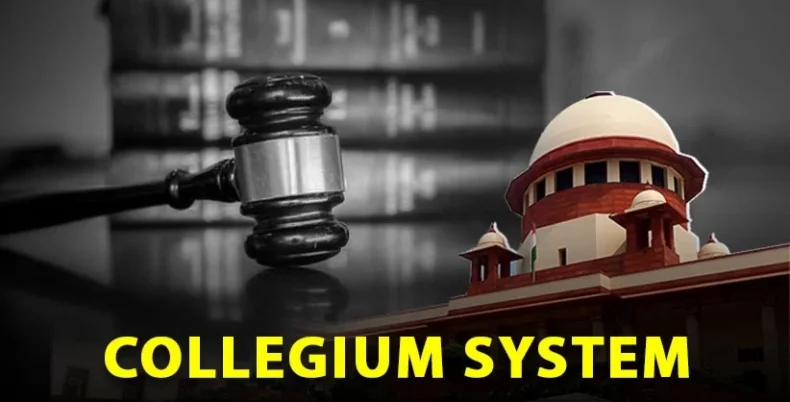Table of Contents
The former Supreme Court Justice Rohinton Fali Nariman in his recent speech called the collegium system of appointment of judges as the best alternative available in the present times. India has an independent judiciary and the manner of appointment of the judges in the highest court of the land has been a subject of intense debates over several decades.
While some argue that the collegium system is essential to the independence of the Indian judiciary and is in line with the doctrine of the separation of the three organs of the government that the Indian Constitution envisages, others raise the issue of nepotism in the system as judges appoint judges.

What did former Justice Faliman say about the collegium in his speech?
At the Committee Room of the United Kingdom’s House Lords, former justice Nariman delivered a speech on the subject of “Origins and Development of the Parliament”. Addressing questions after his speech, he termed the present system of appointment of judges as the best alternative keeping in mind present-day politics.
He was also asked about the massive pendency of cases that are clogging and overburdening the Indian courts. He expressed his dissatisfaction over the issue and suggested that the government is a massive litigant which needs to bring down the number of cases it files. He also recommended the appointment of ad-hoc judges in the Supreme Court to clear the large number of pending cases in the Indian courts.
The event also had several judges from the Indian judiciary.

How are the judges appointed in India?
India follows a collegium system of appointment of judges wherein the five senior-most judges of the Supreme Court of India deliberate and recommend judges for appointment to the Supreme Court. The Chief Justice of India, Dr. DY Chandrachud at present, heads the collegium.
A High Court collegium on the other hand is headed by the Chief Justice of the concerned High Court and their two senior most colleagues.
What is the procedure followed for the appointment of Supreme Court judges? For the appointment of justices other than the Chief Justice of India, the sitting Chief Justice initiates the proposal. The senior-most judge of the High Court to which the prospective appointee belongs is also consulted. The consultees record their opinions on writing. The appointment, if finalized by the collegium is recommended to the government.
The collegium forwards the appointment order to the Law Ministry from where it is sent to the Prime Minister to advise the President. The President then appoints the judge.
For the appointment of the Chief Justice of India, who is also sometimes called “the first among equals”, the outgoing Chief Justice recommends the name. In practice, the senior-most judge has always been appointed as the Chief Justice.
What are the constitutional provisions governing the appointment of judges?
Articles 124(2) and 217 of the Constitution of India govern the appointment of judges to the Supreme Court and state High Courts respectively. While the Supreme Court Judges are appointed by the President, the Governor of the state appoints judges to the High Courts of their respective states.
What are the issues with the current system?
The biggest issue with the collegium system has been the lack of transparency and the complete exclusion of the executive from the process. The system of checks and balances between various organs of the government is also violated as the executive is deprived of any say in the appointment process. Additionally, the underrepresentation of women in the judiciary has also been highlighted as a flaw of this system.













